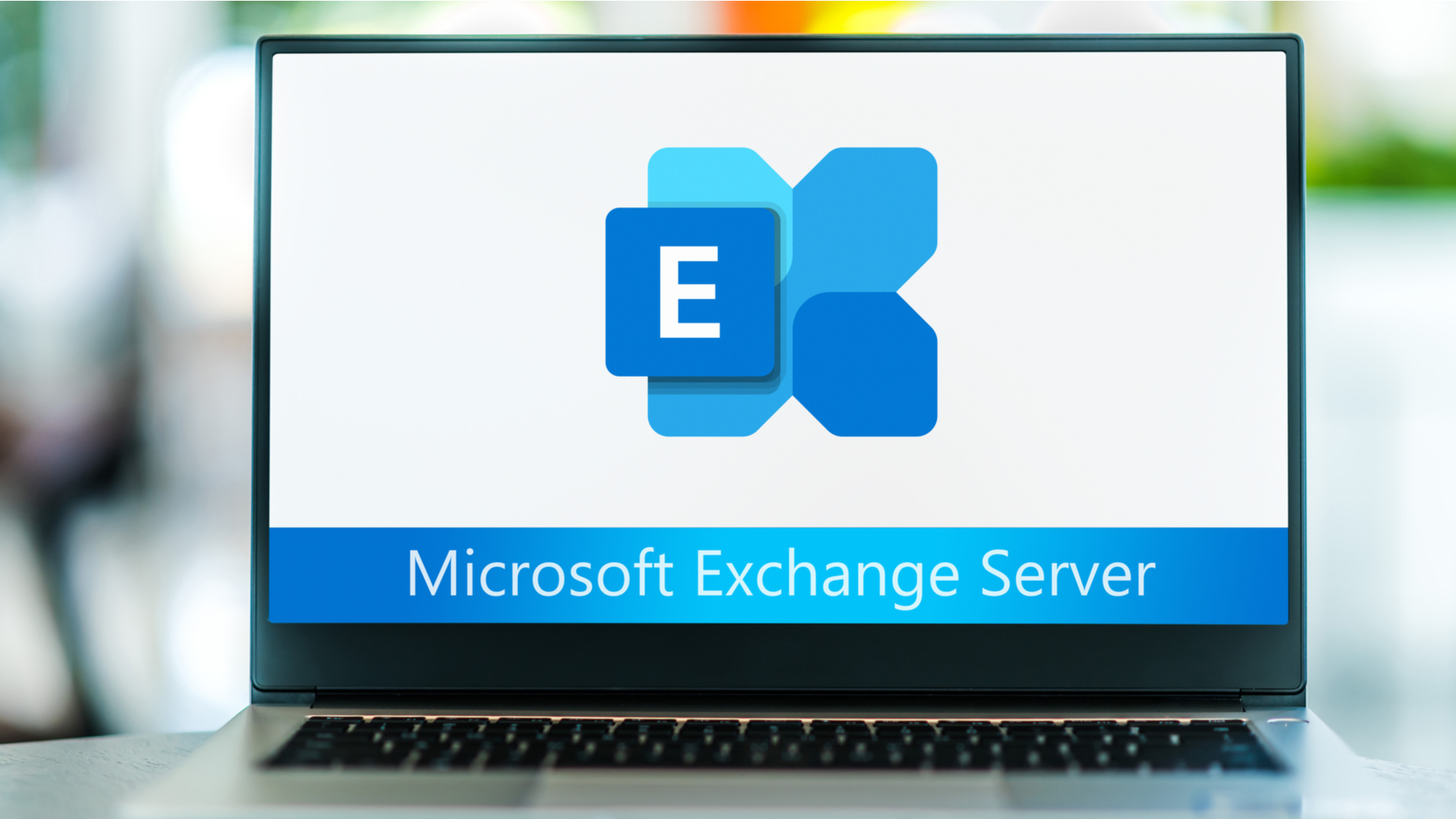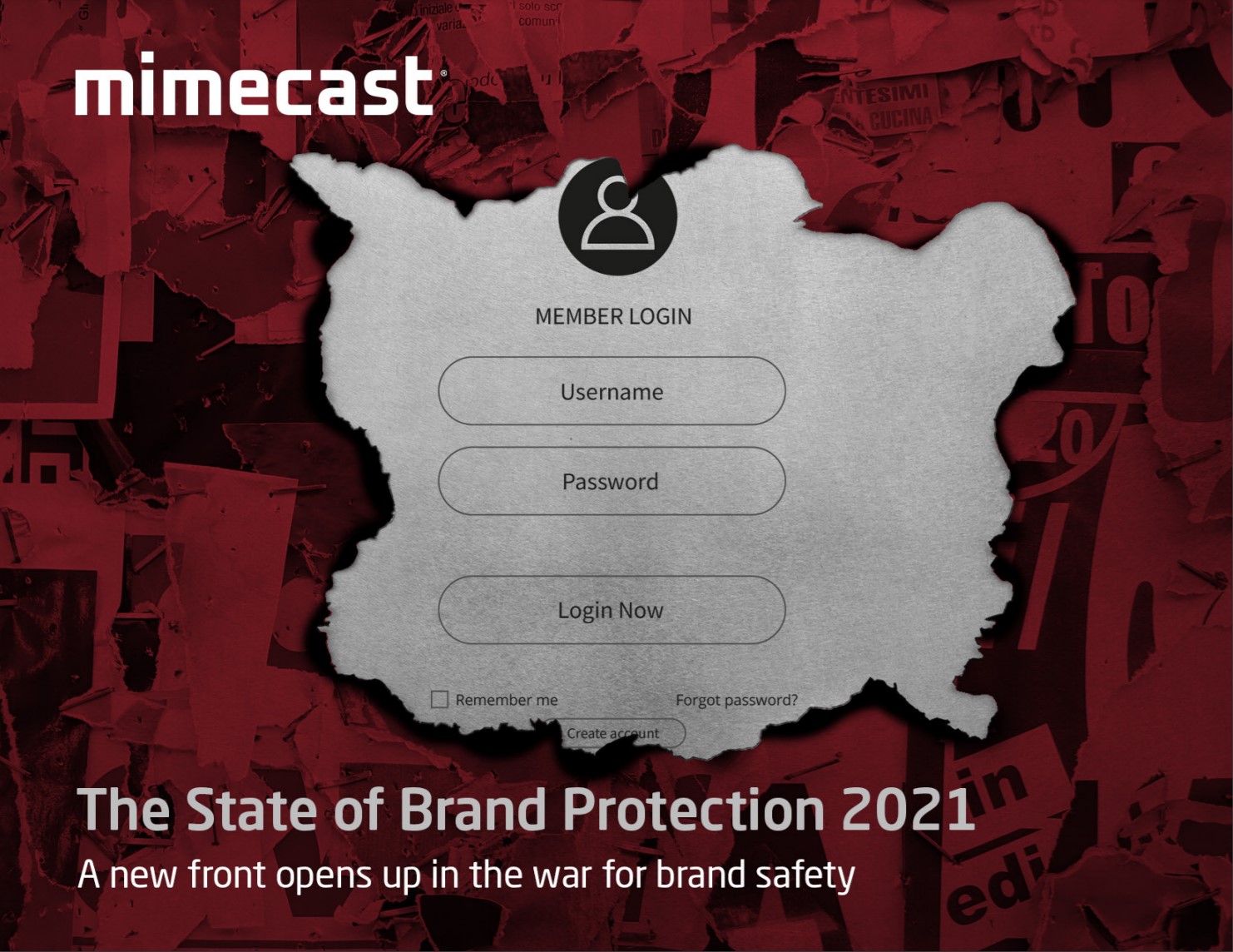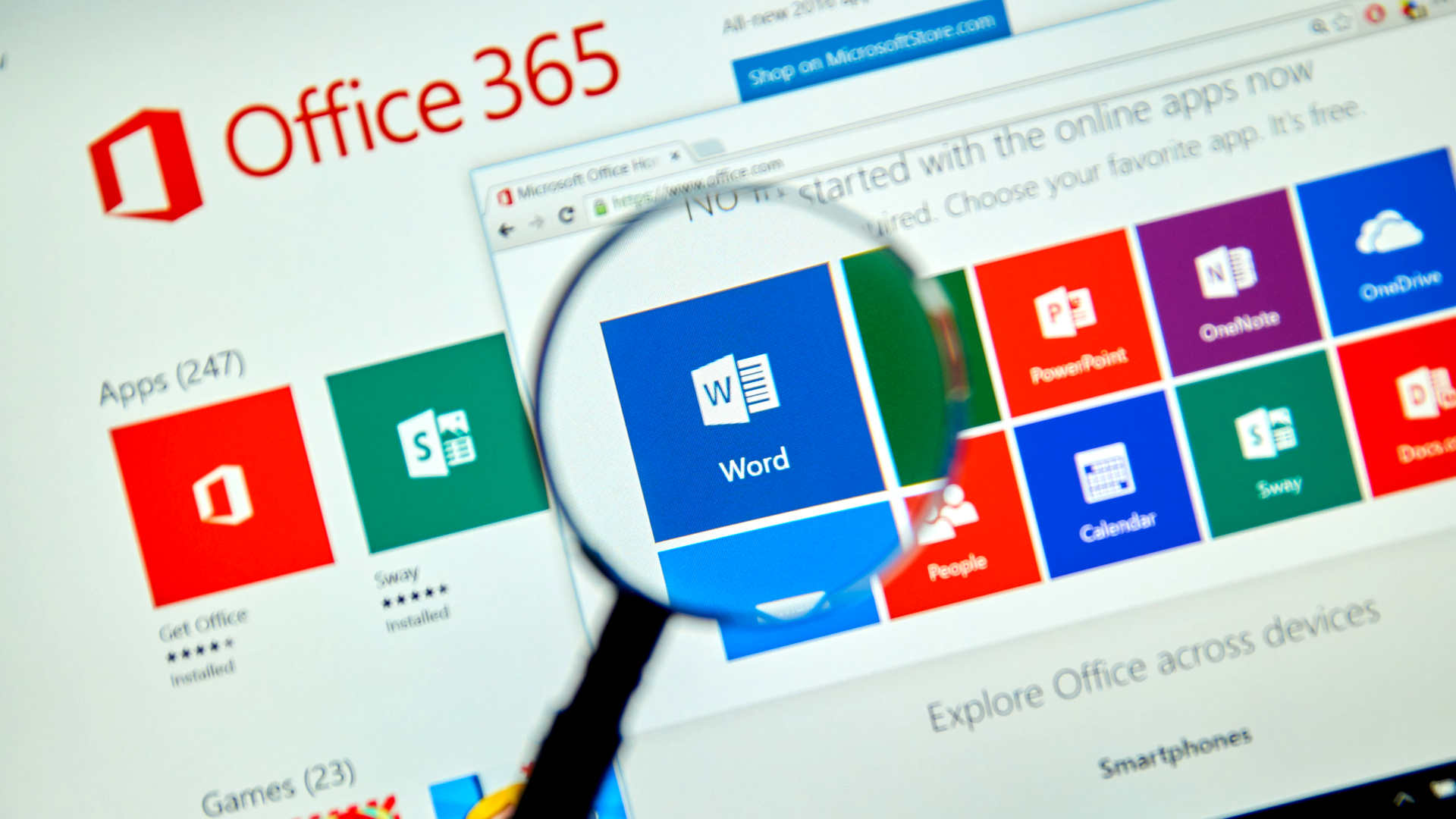State-sponsored hackers delay new Microsoft Exchange Server by four years
Hafnium's devastating zero-day exploit chain in 2021 forced Microsoft to improve the security of current versions instead of releasing the new one on schedule


State-sponsored cyber attacks on Microsoft Exchange servers throughout 2021 are the reason why the latest version of the on-prem mail and calendaring server will be delayed by four years, Microsoft said.
A new version of Microsoft Exchange Server was originally on course for an H2 2021 release but Microsoft has updated its roadmap delaying the release to H2 2025 due to the time it took developers to improve security in the wake of the Hafnium attacks.
Hafnium is a state-sponsored hacking group Microsoft has previously said is linked to China. In 2021, Hafnium attacked Microsoft Exchange servers consistently using a flurry of zero-day vulnerabilities to exfiltrate information from victims across various business verticals.
In addition to an extra four-year wait for the next version, IT admins can expect to hear more about the new features, pricing, requirements, and naming of the updated version in the first half of 2024.
Microsoft also said the latest version will require Server licenses and Client Access Licenses (CALs) and will only be accessible to customers with Software Assurance - a service pack that automatically provides customers with licenses to the latest versions of software.
The current support dates for Exchange Server 2013 (11 April 2023), Exchange Server 2016 (14 October 2025), and Exchange Server 2019 (14 October 2025) are unchanged.
The next version of Exchange Server will move to Microsoft’s Modern Lifecycle Policy which does not set end-of-life (EOL) dates for products or services but continues to offer support as long as there is demand for it in the market.
Get the ITPro daily newsletter
Sign up today and you will receive a free copy of our Future Focus 2025 report - the leading guidance on AI, cybersecurity and other IT challenges as per 700+ senior executives
Customers running Exchange Server 2019 may have an easier time upgrading to the new version when the time comes, Microsoft hinted.
After resolving previously known upgrading issues relating to hardware requirements and mailbox migration, Microsoft is introducing an in-place upgrade capability to Exchange Server 2019 and recommends all customers upgrade to the version “as soon as possible”.
Hafnium’s server siege
Last year, the Chinese-linked state-sponsored hacking group exploited a chain of zero-day vulnerabilities in Microsoft Exchange, leading to hacks on hundreds of thousands of businesses.
Microsoft said at the time that the group was known for harvesting data from various types of organisations including those in the medical, education, military, NGO, and policy sectors.
RELATED RESOURCE

Based in China but operating from US-based virtual private servers (VPS), Hafnium gained access to Exchange Servers, installed a web shell for remote control, and stole data.
The White House was especially concerned about the threat to national security and urged all businesses to patch their Exchange servers to the latest version as a matter of priority, at the time.
More than a month after the exploits became public knowledge, US government agencies were still finding unpatched Exchange Server vulnerabilities in their systems.
Experts said that if organisations hadn’t patched on the day of release, there was a strong chance that the environment was already compromised, and the web shell had already been planted.
It was later revealed that Microsoft first became aware of the zero-day exploits in January 2021, two months before Hafnium’s activity ramping up in March.
Hafnium’s exploit chain was ultimately used in separate attacks throughout the year, namely by the Qakbot and SquirrelWaffle malspam campaigns spreading via unpatched servers in October 2021.
Microsoft’s work so far
The delay to the latest version of Microsoft Exchange Server came as a result of Microsoft's security experts being forced to work throughout 2021 to combat the heavy attacks from the exploits used by Hafnium.
It said that work on the new release was stalled as the team was busy pushing out-of-band security updates, a one-click mitigation tool - which was later integrated as a core feature of Exchange Server and integrating other services to improve the security of the service for IT admins.
It also launched a bug bounty programme for Exchange Server and Office Server under the Microsoft Applications and On-Premises Servers Bounty Program to improve the company’s collaboration with the private sector and independent security researchers and ultimately improve the security of Exchange Server.

Connor Jones has been at the forefront of global cyber security news coverage for the past few years, breaking developments on major stories such as LockBit’s ransomware attack on Royal Mail International, and many others. He has also made sporadic appearances on the ITPro Podcast discussing topics from home desk setups all the way to hacking systems using prosthetic limbs. He has a master’s degree in Magazine Journalism from the University of Sheffield, and has previously written for the likes of Red Bull Esports and UNILAD tech during his career that started in 2015.
-
 Cleo attack victim list grows as Hertz confirms customer data stolen
Cleo attack victim list grows as Hertz confirms customer data stolenNews Hertz has confirmed it suffered a data breach as a result of the Cleo zero-day vulnerability in late 2024, with the car rental giant warning that customer data was stolen.
By Ross Kelly
-
 Lateral moves in tech: Why leaders should support employee mobility
Lateral moves in tech: Why leaders should support employee mobilityIn-depth Encouraging staff to switch roles can have long-term benefits for skills in the tech sector
By Keri Allan
-
 Zero Trust myths: Fact or fiction?
Zero Trust myths: Fact or fiction?Whitepaper What the myths get right and wrong about Zero Trust
By ITPro
-
 ZTNA vs on-premises VPN
ZTNA vs on-premises VPNWhitepaper How ZTNA wins the network security game
By ITPro
-
 A roadmap to Zero Trust with Cloudflare and CrowdStrike
A roadmap to Zero Trust with Cloudflare and CrowdStrikeWhitepaper Achieve end-to-end protection across endpoints, networks, and applications
By ITPro
-
 Spanish spyware outfit uncovered, develops exploits for Windows, Chrome, and Firefox
Spanish spyware outfit uncovered, develops exploits for Windows, Chrome, and FirefoxNews Google was only able to discover the company after an anonymous submission was made to its Chrome bug reporting programme
By Zach Marzouk
-
 Chinese hackers exploit Microsoft zero-day as list of vulnerable Office products grows
Chinese hackers exploit Microsoft zero-day as list of vulnerable Office products growsNews Microsoft has published a support guide and temporary workarounds for IT admins to mitigate the threat
By Connor Jones
-
 Google patches second Chrome browser zero-day of 2022
Google patches second Chrome browser zero-day of 2022News Google acted quickly to secure against the type confusion vulnerability that was under active exploitation
By Connor Jones
-
 Microsoft takes aim at critical RCE flaws with "massive" Patch Tuesday update
Microsoft takes aim at critical RCE flaws with "massive" Patch Tuesday updateNews Microsoft has kicked off 2022 with a score of security fixes for critical-rated vulnerabilities in some of the most widely used products used by businesses around the world
By Connor Jones
-
 Firefox 95 boosts protection against zero-day attacks
Firefox 95 boosts protection against zero-day attacksNews Mozilla's browser now takes a more granular approach to walling off code
By Danny Bradbury